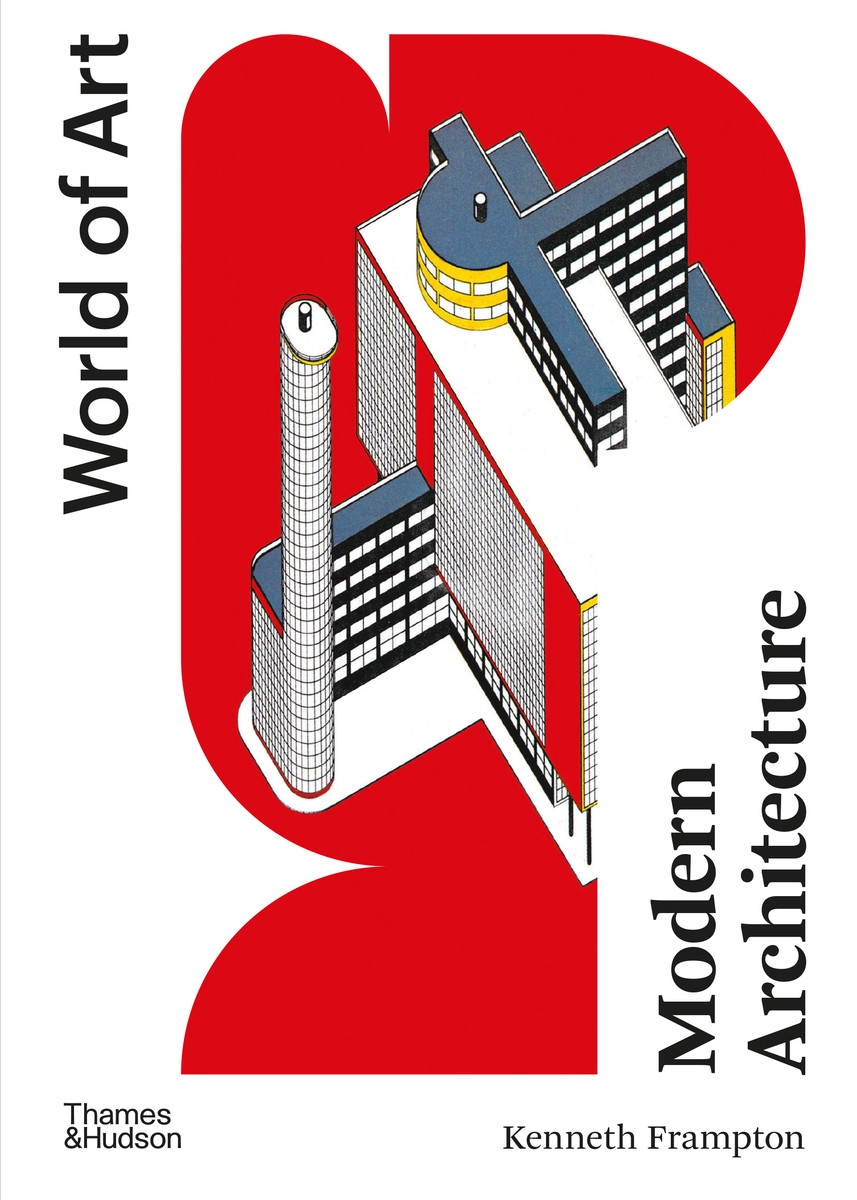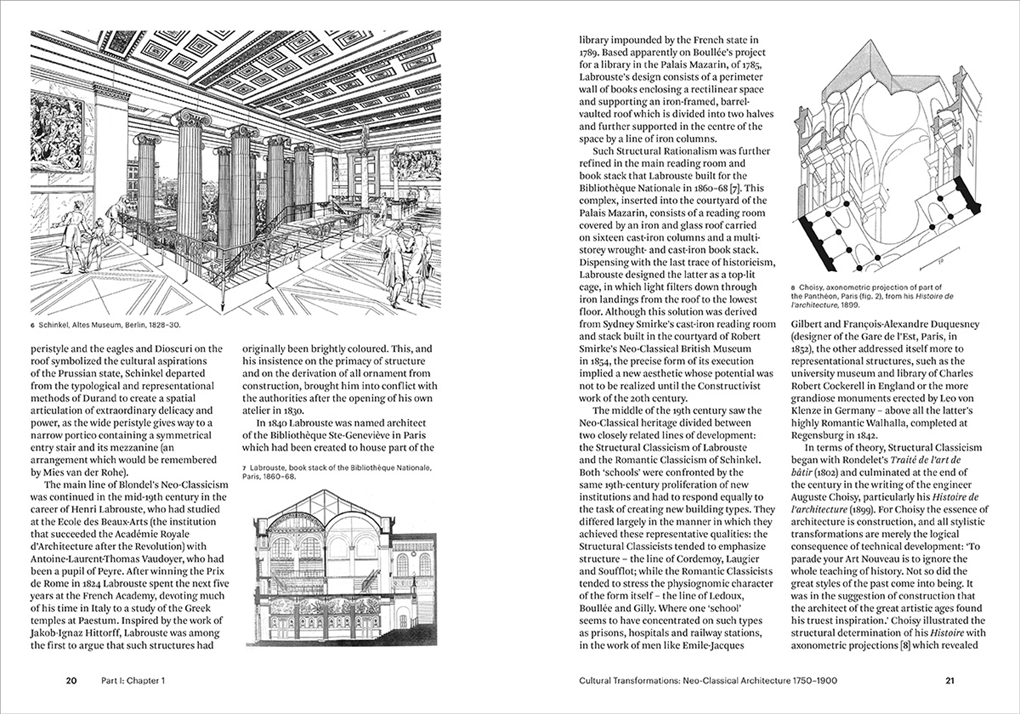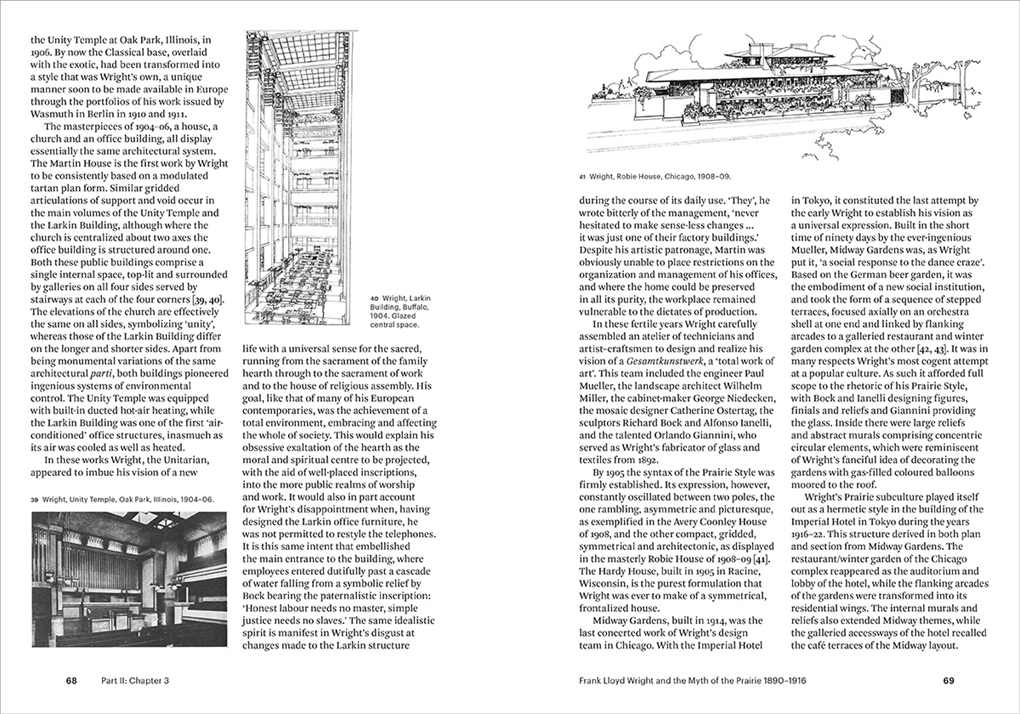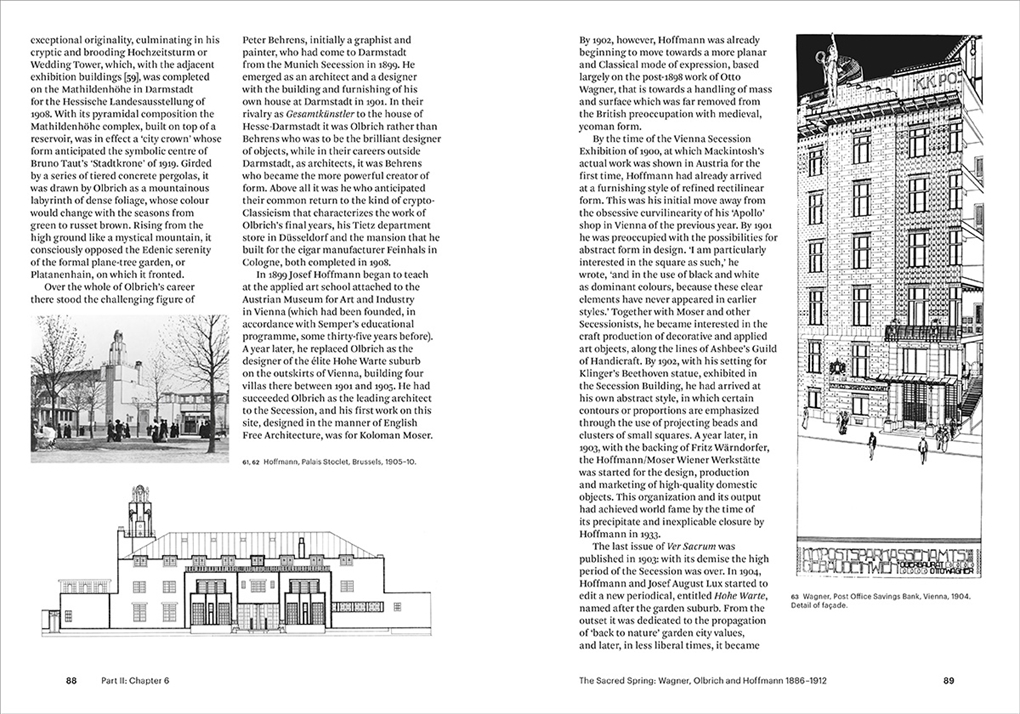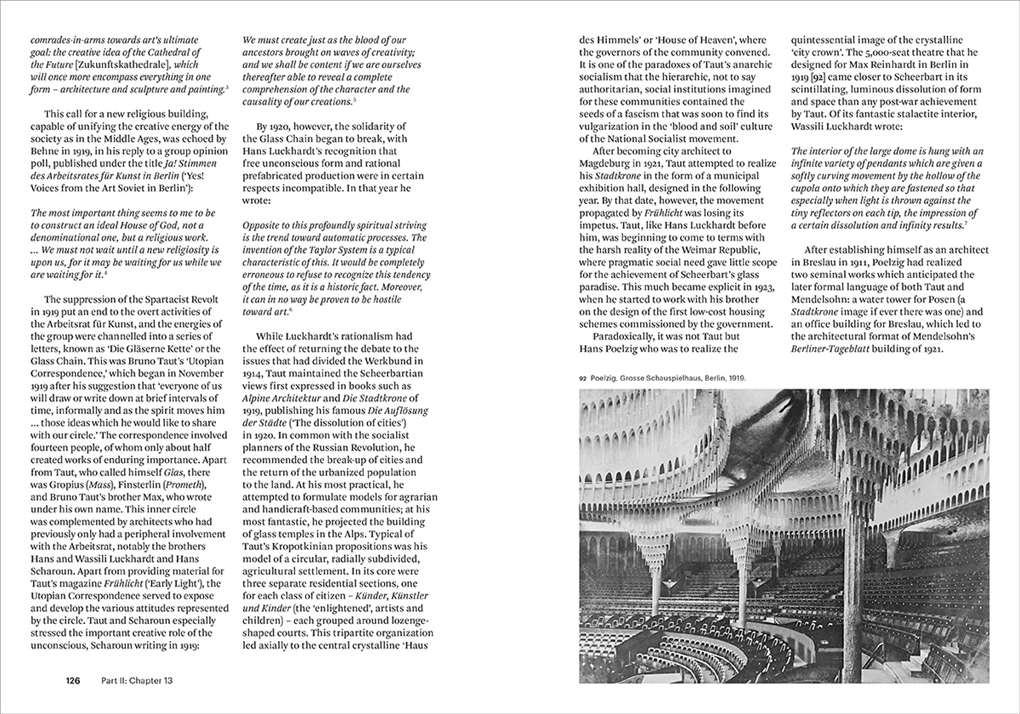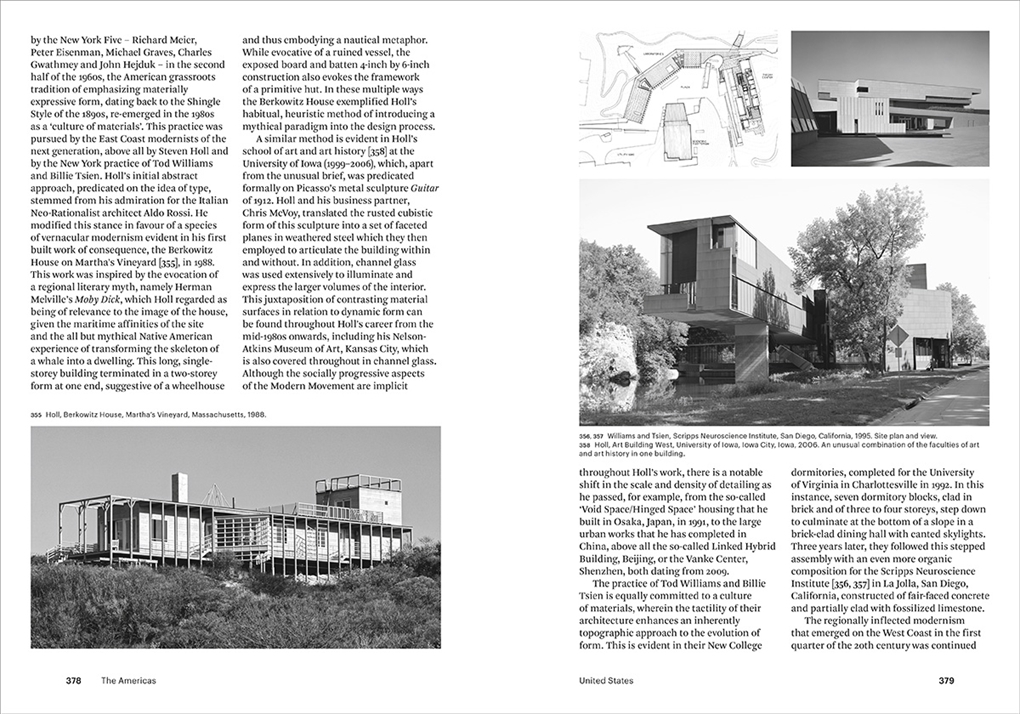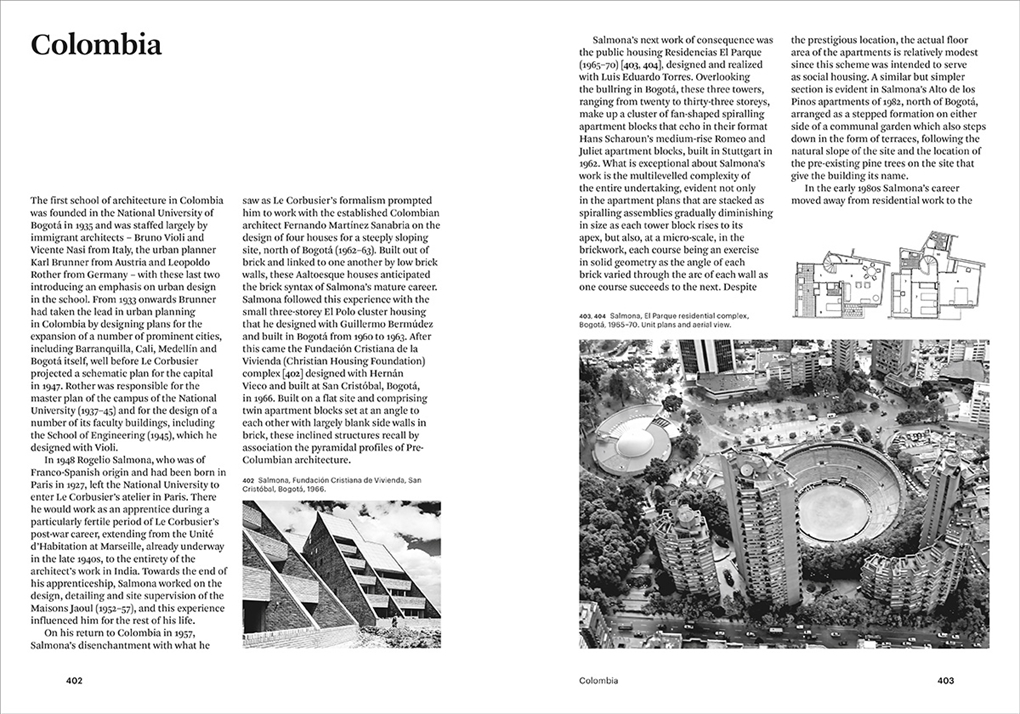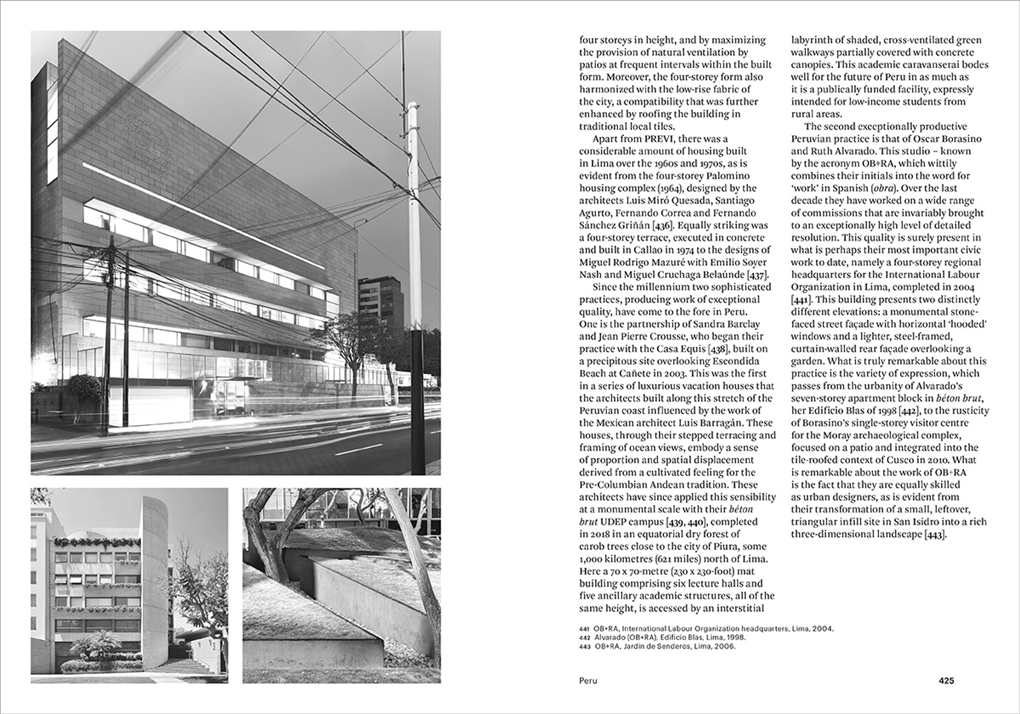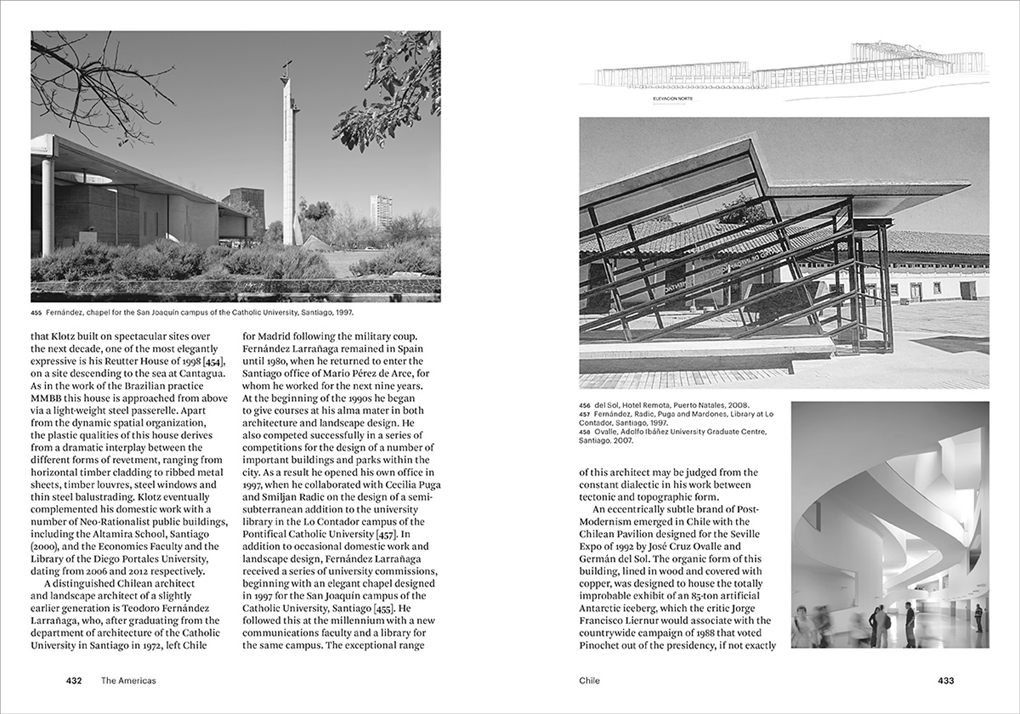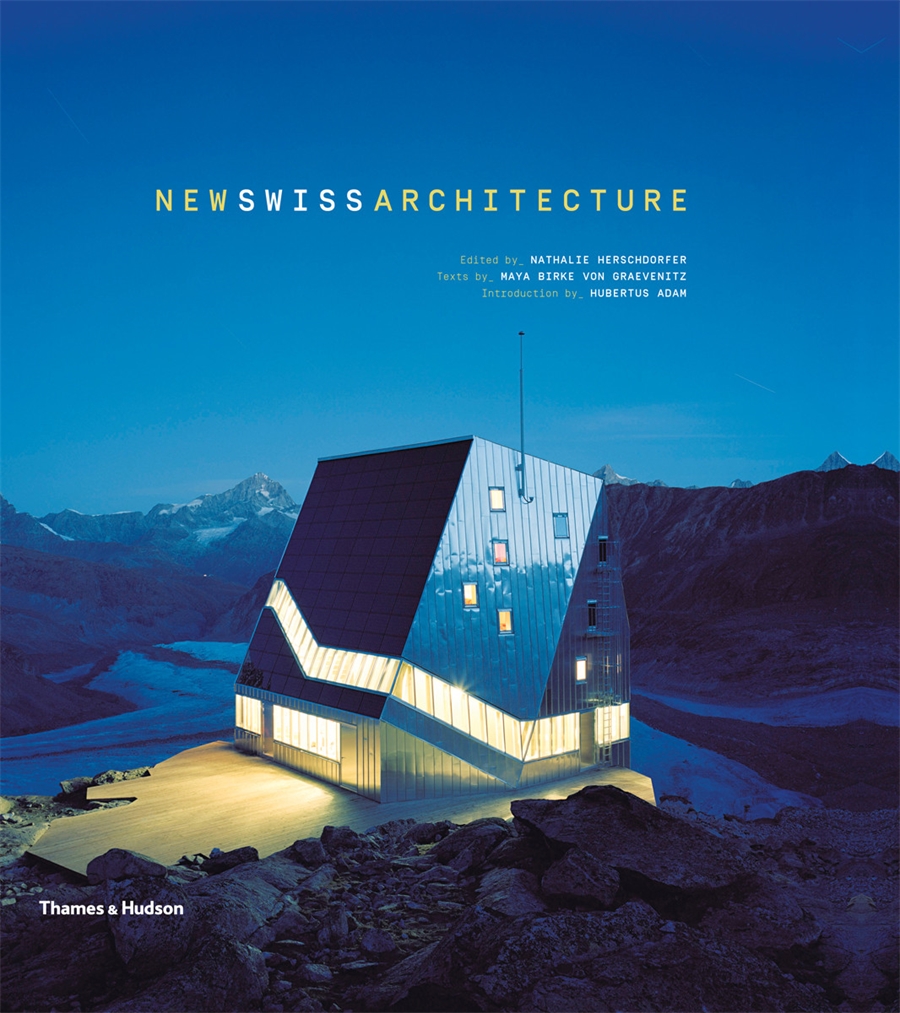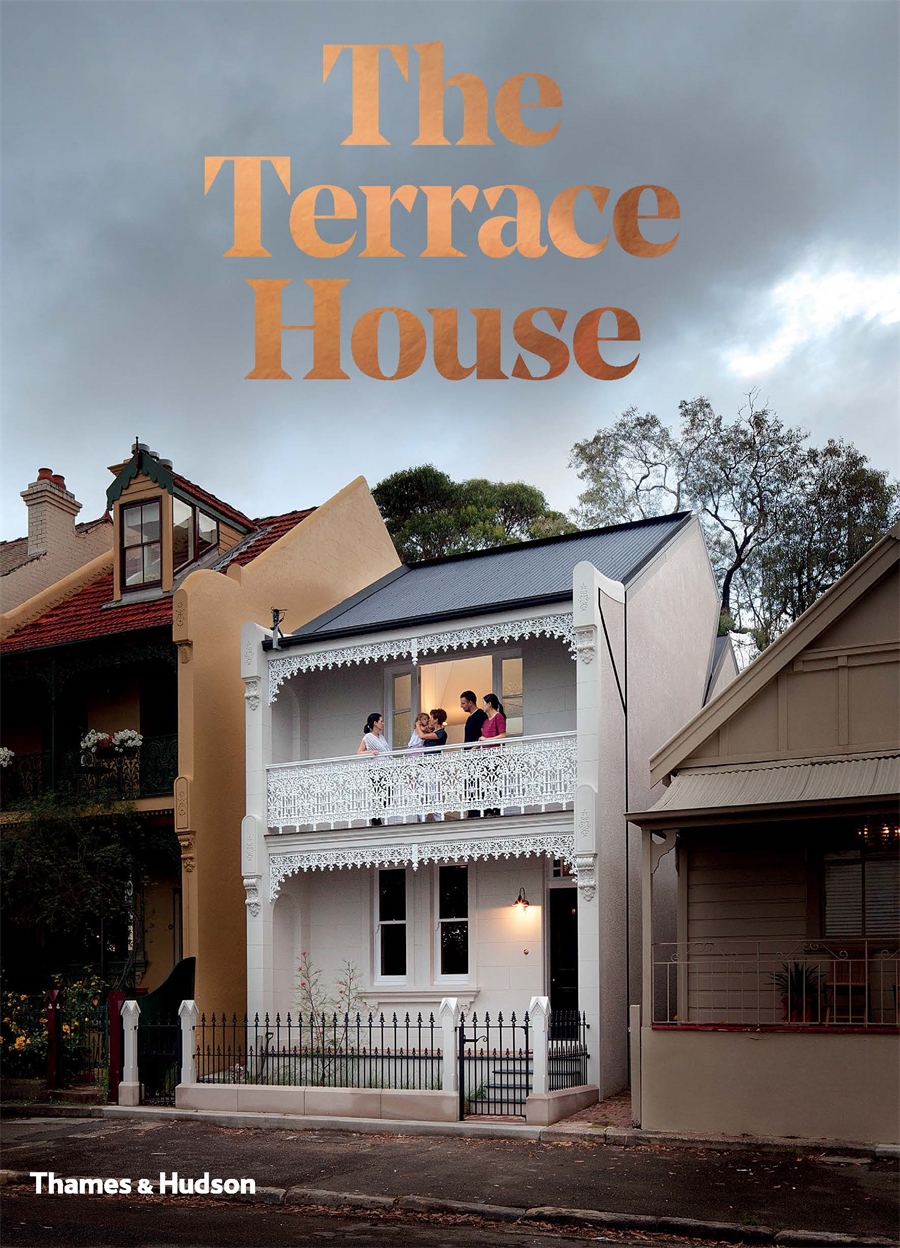Description
This highly acclaimed survey of modern architecture and its origins has become a classic since it first appeared in 1980, and has helped to shape architectural practice and discourse worldwide. For this extensively revised and updated fifth edition, Kenneth Frampton has added a new section that explores in detail the modernist tradition in architecture across the globe in the late twentieth and early twenty-first centuries. He examines the varied ways in which architects are not only responding to the geographical, climatic, material and cultural contexts of their buildings, but also pursuing distinct lines of approach that emphasize topography, morphology, sustainability, materiality habitat and civic form. It remains an essential book for all students of architecture and architectural history.
Kenneth Frampton was born in 1930 and trained as an architect at the Architectural Association School of Architecture, London. He has taught at a number of leading institutions in the field, including the Royal College of Art in London, the ETH in Zürich, the Berlage Institute in Amsterdam, EPFL in Lausanne and the Accademia di Architettura in Mendrisio. From 1972 to 2019 he served as Ware Professor of Architecture at the Graduate School of Architecture, Planning and Preservation, Columbia University, New York. He is the author of numerous essays on modern and contemporary architecture, has served on many international juries for architectural awards and building commissions, and is a member of the American Academy of Arts and Letters. In 2018 he was awarded the Golden Lion of the Venice Biennale. His publications include Studies in Tectonic Culturei (1992), Labour, Work and Architecture (2005), American Masterworks (2008), Kengo Kuma: Complete Works (2012) and A Genealogy of Modern Architecture (2013).
